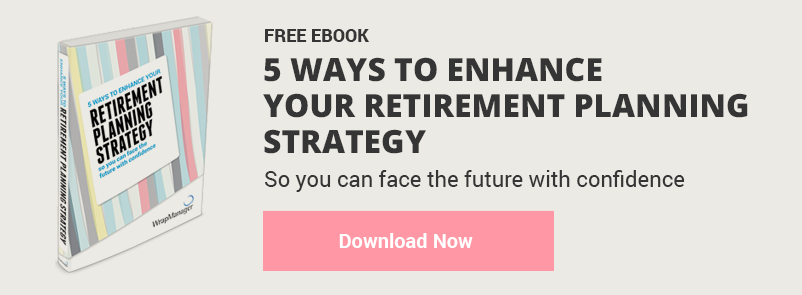 Back in mid-May, I wrote an estate planning article about the late artist and global music phenomenon, Prince. The objective of the piece, amongst other things, was to bring to light the problems, expenses, and hardships that can result when a high net worth individual does not adequately prepare an estate plan. In Prince’s case, he did not even have a last will.
Back in mid-May, I wrote an estate planning article about the late artist and global music phenomenon, Prince. The objective of the piece, amongst other things, was to bring to light the problems, expenses, and hardships that can result when a high net worth individual does not adequately prepare an estate plan. In Prince’s case, he did not even have a last will.
What followed in Prince’s case was nothing short of troubling. More than 45 people came forward to the court claiming to be related to Prince as a spouse, child, sibling, or some other relative. Prince’s estate then spent over a year in probate court, and at the end of the day it has been reported that his $200 million estate is expected to be cut in half by federal and estate taxes. Can you imagine paying $100 million in taxes? It’s unfathomable!
In all likelihood, this outcome could have largely been avoided with some sound financial and legal advice during Prince’s lifetime.
What is Probate, and How/Why Should it be Avoided?
Prince’s case brings up a rudimentary but very important question: what does probate even mean? Put simply, probate is the process by which a deceased person’s debts are settled and remaining assets are distributed. Typically, when a person creates a will, they would name an ‘executor’ of the estate, and that person or entity would be responsible for handling the court filings and settling the estate. In many cases, this can be time-consuming and sometimes arduous process. But with the right documentation and with an executor properly informed and prepared to take the needed steps, it can also be handled smoothly and quickly.
That’s assuming a great deal of estate planning has happened in advance, which is not always the case. As we saw in Prince’s case, the probate process—assuming there is no will, no trusts, no pre-named executor—can tie up property for months or even more than a year. That is problematic for obvious reasons, given the legal disputes and infighting amongst relatives (and non-relatives) that often occurs during that time period. But that does not even account for another important issue: probate is often quite expensive.
According to legal site Nolo, some states assess attorney probate fees based on a percentage of a percentage of the estate subject to probate. They also note that the attorney's fees for a "routine" estate with a gross value of $400,000 can easily amount to $20,000 or more, implying that attorney and court fees can take up to 5% of an estate's value. In Prince’s case, 5% of $200 million could have meant up to $10 million in just fees!
How to Avoid Probate
For high net worth individuals, one of the more common methods for avoiding probate is to create a trust, such as a Revocable Living Trust. The nature of trusts is that your assets actually become property of the trust—not property of you as an individual. As a result, after your death the trustee you assign to manage the trust can distribute the assets according to your wishes, and they can do so without having to go through the probate process.
Creating a trust usually involves working with an estate planning and tax attorney, but there are also some more basic steps you can take with the help of your financial advisor. For example, in some retirement accounts like 401(k)s and IRAs, you can designate beneficiaries, which generally means the assets would pass directly to the person(s) of your choosing without having to go through probate. There are also account designations that can help you avoid probate, like having a taxable brokerage account titled as a “Joint Tenants with Rights of Survivorship” Or adding a “Transfer on Death” designation. This account titling means your assets would pass directly to the surviving owner on the account, such as a spouse.
Talk to WrapManager About What You Can Do to Avoid Probate
Estate planning is often a complex and time-consuming undertaking, and it generally involves some maintenance and updating each year. But as Prince’s and many other cases show, the costs of not planning can be even more devastating. Worse still, an estate can end up being needlessly battled in courts and assets can end up in the wrong hands. It takes planning to avoid these outcomes.
The Wealth Managers at WrapManager are not estate planning attorneys or tax attorneys, but we are well-versed in estate planning matters and can help you take steps get started on your estate plan. We can also work with your estate planner to ensure that your investment accounts are seamlessly integrated as part of the plan.
Like any complex process, it is best to handle estate planning in steps. Take the first step of by calling a Wealth Manager today and discussing your financial situation, your needs, and most importantly, your goals. You can reach us anytime at 1-800-541-7774.





